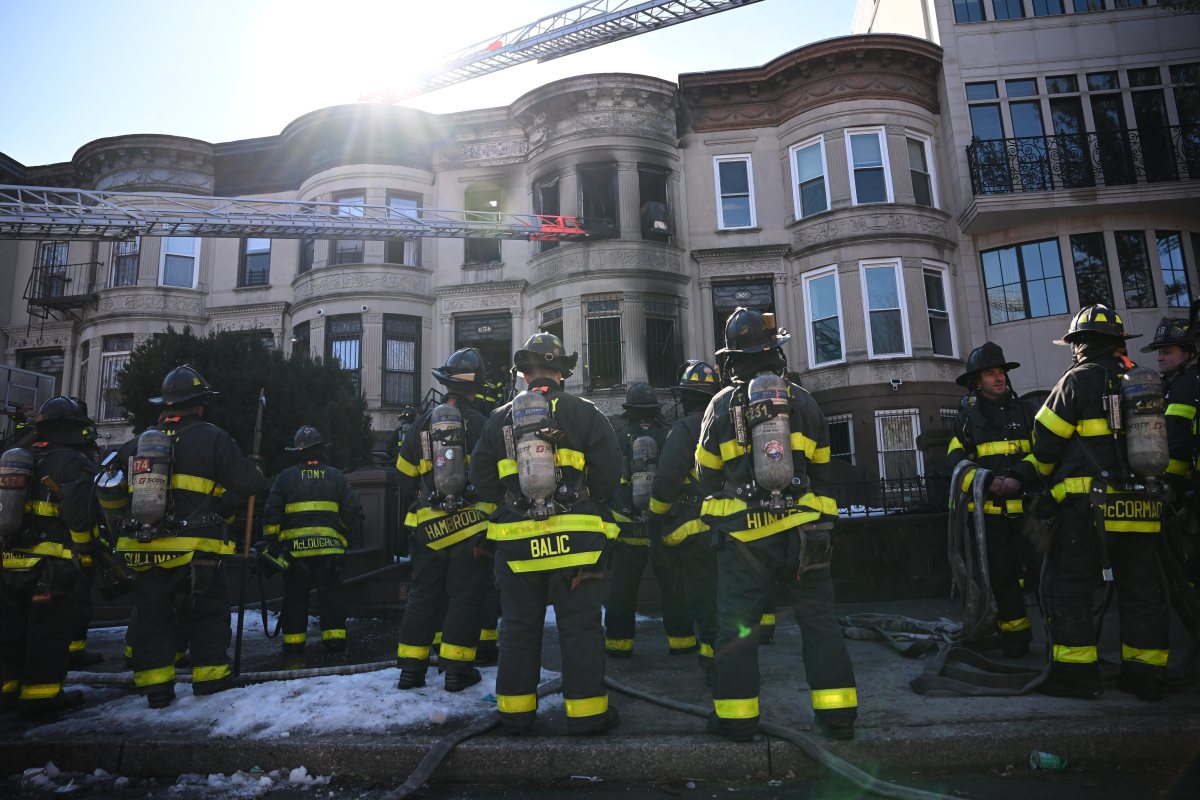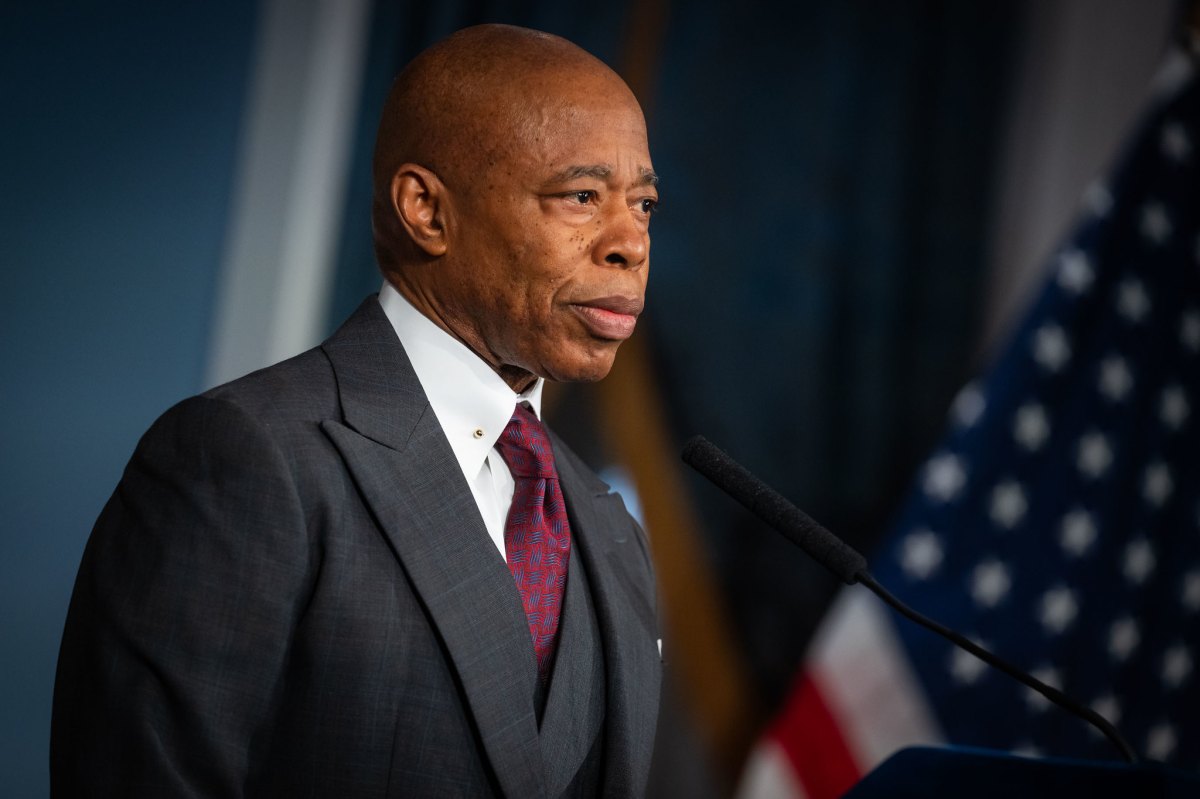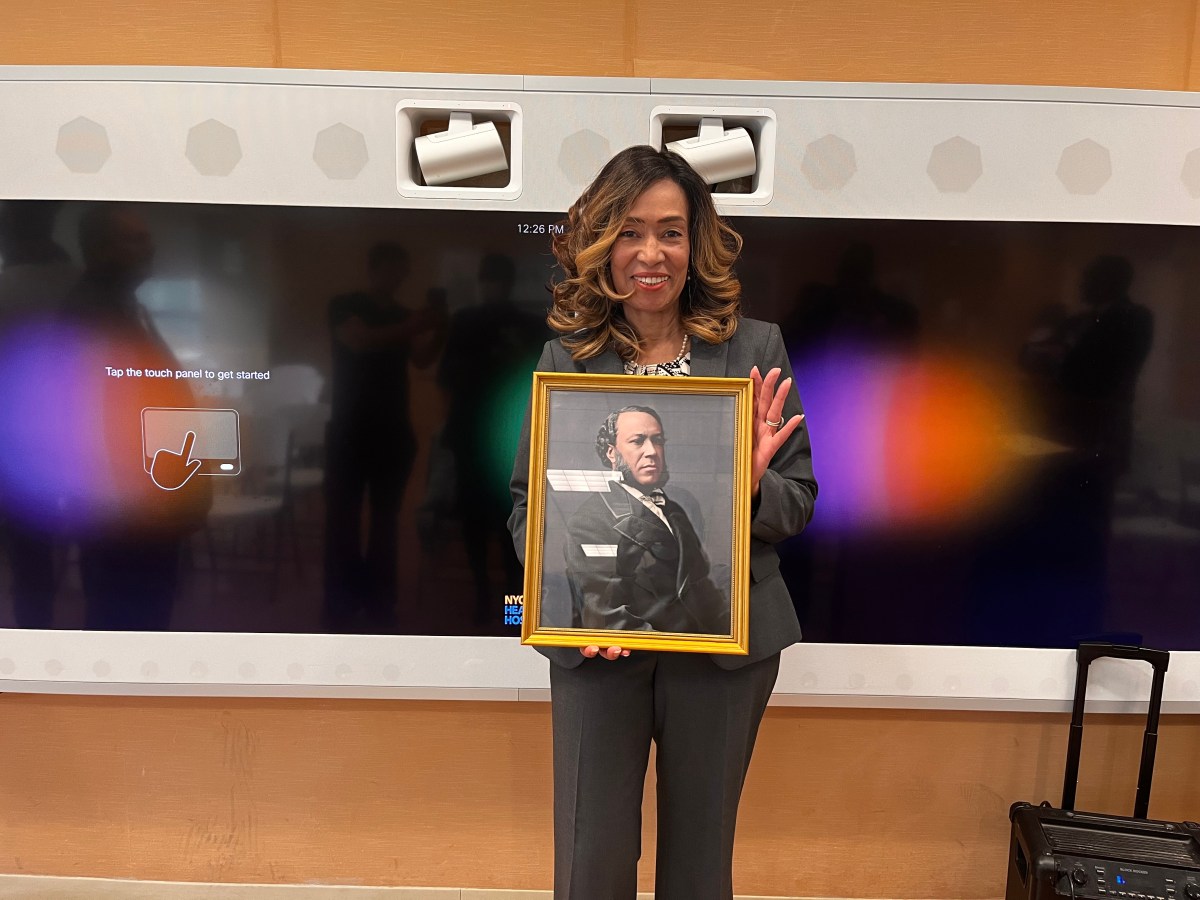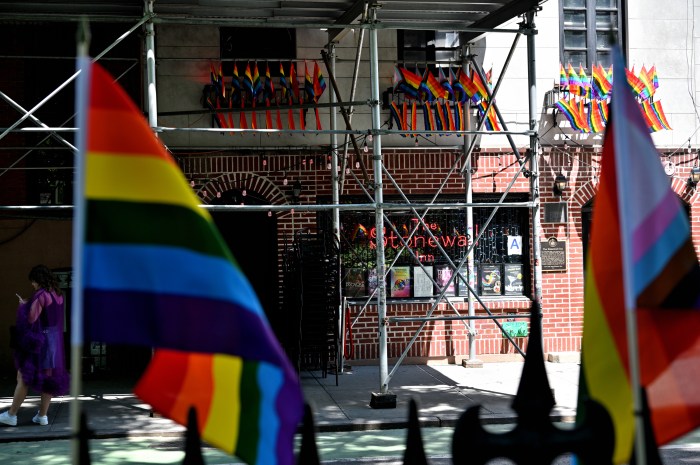By Terese Loeb Kreuzer
Under sunny skies on the morning of June 18, dozens of swimmers jumped into the Hudson River at Battery Park City’s South Cove and waited for the signal to start swimming around the island of Manhattan. The lead swimmers in the Manhattan Island Marathon Swim, now in its 29th year, were expected back around seven hours later.
Some of the swimmers had come from thousands of miles away. There were five from Australia, plus swimmers from Ireland, Spain, Portugal, Mexico, Italy, Japan and England. Yet there were no huge crowds to see them off.
Each of these swimmers had had to complete grueling open water races to qualify for this event and some of them held numerous national and international titles.
Seven hours, 29 minutes and 46 seconds later, Erica Rose, 28, crossed the finish line at South Cove and all but leapt onto the dock, where Morty Berger, founder of NYC Swim, the organizer of the race, gave her a big hug. Rose came in more than four minutes ahead of the second-place finisher, John van Wisse, 38, of Australia, who had won the Manhattan Marathon Swim the previous three years.
Rose, a former world champion and 10-time U.S. national champion, said that she had never swum the Hudson River before.
“It was amazing!” she said. “Especially at the end, looking around at all the buildings. Oh, my gosh. It was just incredible.”
Rose had officially retired from competitive swimming a few years ago, but said she was “talked into” doing this swim.
“I was a little nervous about how it would go,” she said. She works in fundraising and development for the University of Michigan and trained for nine months, three to four hours a day, to prepare for the race.
Waiting on the Battery Park City esplanade for the swimmers to arrive was a diminutive woman with dark hair named Penny Lee Dean. In 1978, she shattered the record for the fastest swim across the English Channel — a record that stood for 17 years until Chad Hundeby, a man that she coached, broke it again. The English Channel was one of Dean’s many record-breaking swims.
Now 56 and retired because of physical problems induced by training and swimming in cold water, Dean talked about the sport of open-water swimming.
“Women have more body fat than men, so when the water’s cold we have a little advantage and, also mentally, it’s how people train, and a man could be as fast or a woman could be as fast,” she noted. Women’s higher body fat also makes them more buoyant.
Dean said that to prepare for her English Channel swim, she trained eight to 10 hours a day.
After her Manhattan-circling swim, Rose talked about the mental aspects of the event.
“I struggled at the end of the Harlem River and right as we went into the Hudson, they started to catch me,” she said, “and I just took off. I haven’t come this far to get passed here! It was a struggle, but it was great.”
By virtue of their first- and second-place finishes in the Manhattan Island Marathon Swim, both Rose and van Wisse have earned the right to return on Sept. 28 to swim around the island on a fast tide in an effort to break the record set in 1995 by Shelley Taylor-Smith of Australia.
In addition, NYC Swim has several other races on the calendar this summer and fall that will attract an international roster of world-class athletes. Relay teams will swim around the island of Manhattan on July 16; and on Oct. 1, the Ederle Swim will take 21 participants on a 17.5-mile course from Sandy Hook, N.J., to North Cove Marina in Battery Park City.
“Recent swimmers have had to contend with severe chop, fog and unseasonably warm and cold temperatures as they made the crossing through New York Harbor,” says NYC Swim’s Web site. “Yet with today’s knowledge of the tides, most participants cover the course faster [than Gertrude] Ederle’s record, which lasted from 1925 until 2006.”
For a full listing of NYC Swim’s swim races this summer, check www.nycswim.org .
Seven-and-a-half hours later, Erica Rose was the first to arrive back at South Cove after circling Manhattan.



































